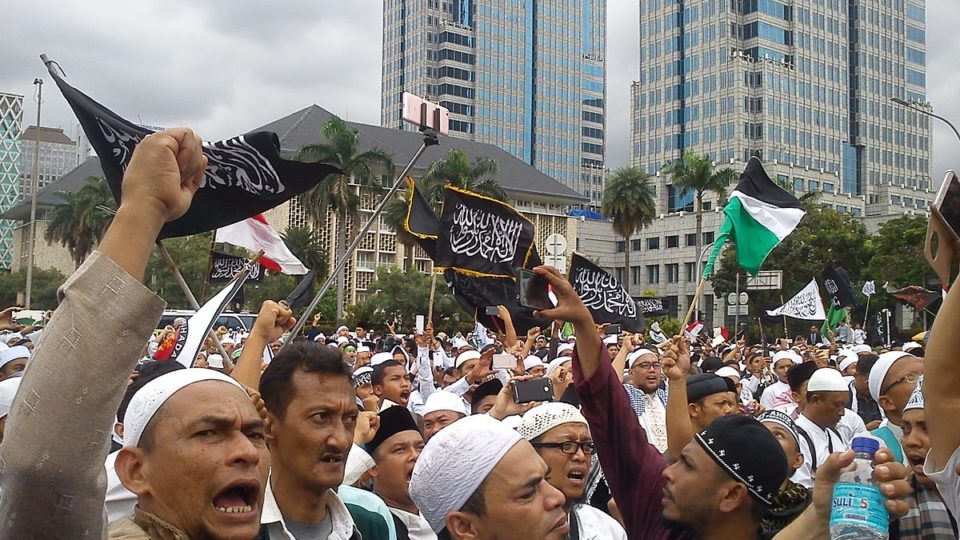Last week’s surprising Constitutional Court decision to allow followers of aliran kepercayaan (a government term encompassing hundreds of Indonesia’s Indigenous faiths) to indicate their beliefs on their KTP (ID cards) was hailed by many as a major step forward for religious freedom in Indonesia. Previously, followers of those faiths either had to declare themselves a member of one of Indonesia’s six officially recognized religions or leave the religion field on their ID cards blank, opening them up to numerous forms of discrimination and the possible denial of public services.
But while many were grateful that the courts had finally given the small but significant percentage of aliran kepercayaan followers in Indonesia the chance to receive the same recognition and rights as the followers of those religions that entered Indonesia from foreign lands, the decision did have some critics, including officials from the Indonesian Ulema Council (MUI), the country’s highest Islamic clerical body.
One of them was MUI Law Commission member Anton Tabah Digdoyo, who said that recognizing indigenous faiths is be a major step backward for Indonesia.
“The Constitutional Court’s decision signifies the country’s regression into the stone age, animism-dynamism will flourish again in Indonesia in the era of advanced science,” Anton said as quoted in a written statement released on Thursday and picked up by Jawa Pos.
Anton said former President Suharto’s New Order regime had aimed to eradicate aliran kepercayaan and ultimately convert all of its followers to the religions set forth by the government. He also said that Suharto had established MUI in part to prevent indigenous faiths from having the same standing as religion.
“So, with (the Constitutional Court’s decision), MUI and religious institutions have lost,” Anton wrote.
The MUI official said that he hoped Joko Widodo’s administration would recognize the potential for conflict caused by the Constitutional Court’s decision and do something to rectify it, adding that it only complicated Indonesian plurality and made the country more vulnerable to internal conflict.
MUI Vice Chairman Zainut Tauhid Sa’adi took a much less severe tone in his comments about the Constitutional Court decision, asking that the government be careful in implementing the changes recommended by the court and listen to the advice of religious organizations as well, but also noting that “MUI respects the diversity of religions, beliefs and faiths of every citizen because it is a human right protected by the constitution.”
By one government agency’s estimate, there are about 187 indigenous faiths still being practiced in Indonesia with around 12 million followers.



